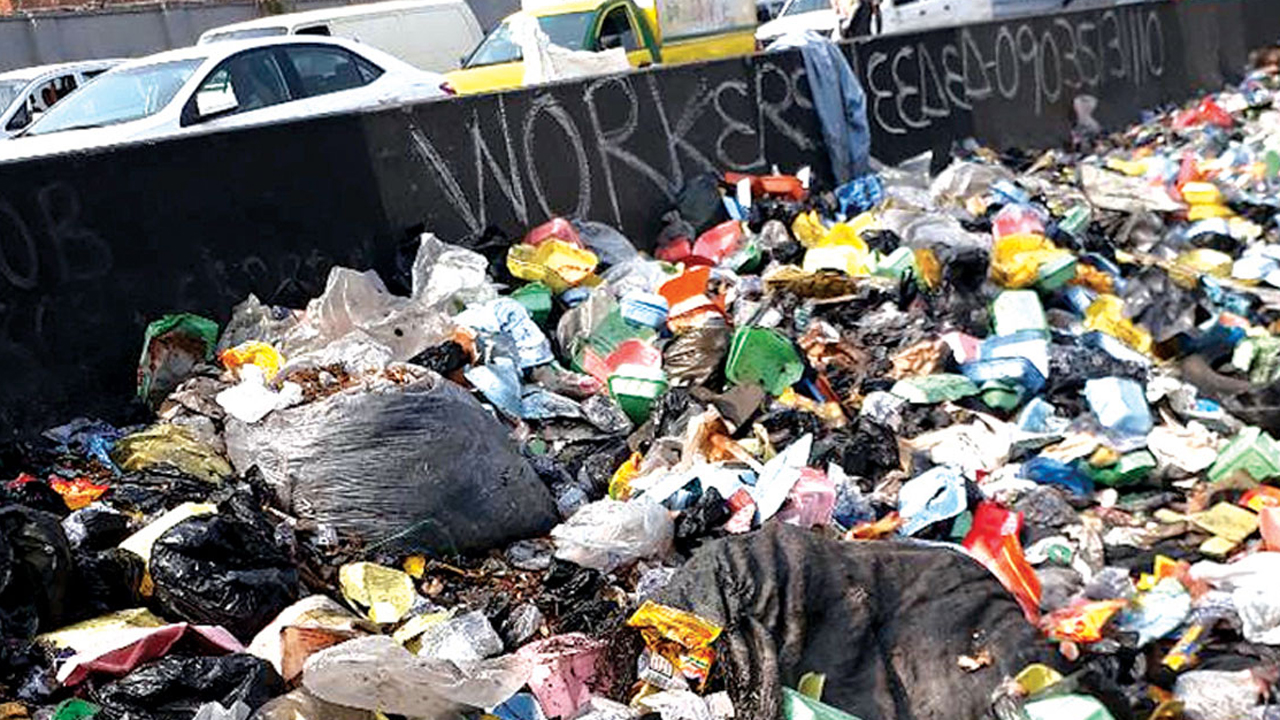
SIR: The need for a sustainable economy has become even more critical as global trends are changing. These trends are accompanied by changing consumption patterns, leading to an increase in volume ofwaste generated. In Africa, various initiatives are being carried out to explore the potential of utilizing waste as a driver for socio-economic development, leading to sustainable green development.
The recently published Global Circularity Gap Report 2023 revealed a concerning fact: the global economy operates at a mere 7.2 per cent circularity level. This signifies that only 7.2 per cent of the materials employed worldwide are derived from secondary sources or recycled materials. Unfortunately, we are rapidly using up our natural resources, with the wrong assumption that they will always be available.
To maintain a competitive edge in today’s economy and achieve maximum efficiency, there is an urgent need for organisations to enhance their ability to understand the market, customers, and environmental factors to adopt sustainable practices. It is important to note however that the increasing environmental concerns have compelled several organisations to increase their efforts in evaluating environmental performance.
These companies are recognising the necessity of taking a more comprehensive approach towards sustainability and this entails implementing measures not only at the executive level but also at the operational level. Notably, actions carried out at the frontline can wield significant influence, propelling an organisation approximately one-third of the way towards achieving net-zero carbon emissions according to this report.
This is why we, at the Nigerian Bottling Company (NBC), Nigeria’s leading consumer packaged goods company and a member of the Coca-Cola Hellenic Bottling Company (CCHBC), have made significant strides in environmental sustainability by executing several projects and initiatives. For example, the “preform right-weighting programme.” We have consistently eliminated approximately 1,400 MT of plastics from our supply chain annually. This proactive measure has contributed to substantially reducing our plastic footprint as well as greenhouse gas emissions therefore showcasing NBC’s commitment to mitigating its environmental impact.
Without radical change in behaviours, plastic pollution is expected to triple by 2050 and account for 19 per cent of global CO2 emissions. In Africa, where 165m tons of plastic will reach its end of life in the next ten years, this pollution comes with a considerable economic and social cost.
The private sector is at the forefront of transitioning to a circular economy, which could create 700,000 jobs and nearly $4.5 trillion in direct and indirect savings globally by 2040. Industrialisation today principally involves the lateral expansion of production scope as a country and extending capabilities from one value chain to an adjacent one by building general innovation capacity.
The transition to a circular plastics economy is complex because direct and indirect costs are involved as opposed to a traditional and linear business-as-usual scenario. This will require infrastructural investment at scale by both the industry and the Government, responsible consumption by the public via behavioral changes to waste management processed and creation of enabling policies and framework that supports entrepreneurial investments in the circular economy for sustainability.We call on all relevant stakeholders to play their part in closing the plastics loop in the best interest of everyone and our beloved planet.
• Seun Adekoya is a writer and journalist based in Lagos.






